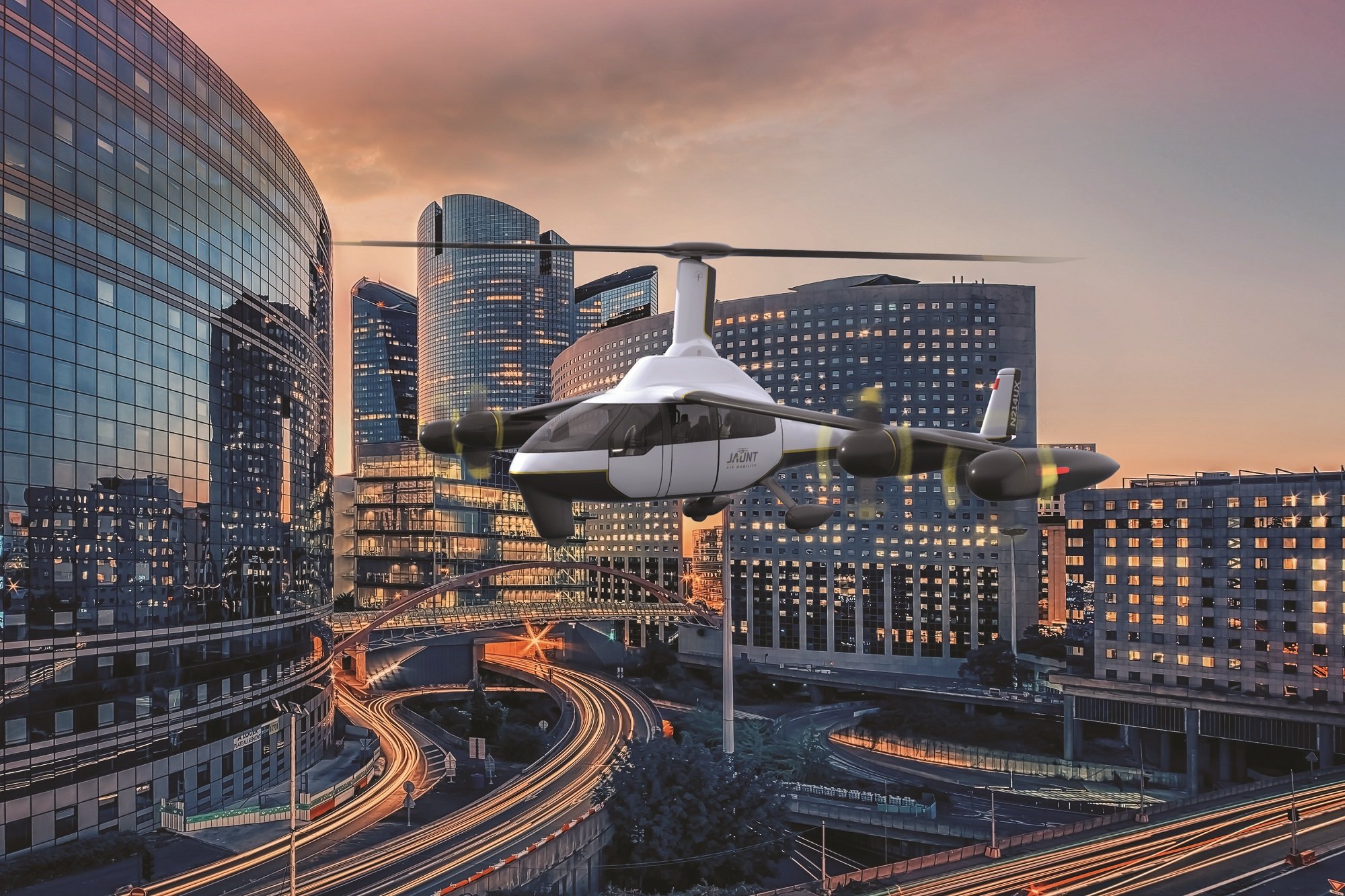Click Here to View This Page on Production Frontend
Click Here to Export Node Content
Click Here to View Printer-Friendly Version (Raw Backend)
Note: front-end display has links to styled print versions.
Content Node ID: 419339
BAE Systems has committed to making what it calls a multimillion-dollar investment in its operations in Endicott, New York, to support the development and advanced manufacturing of subsystems for electric aircraft. The investment, announced on December 9, upgrades the UK-based group's capabilities in engineering development and manufacturing and covers the cost of adding a laboratory dedicated to energy storage, controls, and power conversion systems for aviation applications.
"Our electrification investment is a great opportunity to develop and deliver important capabilities for an emerging travel ecosystem,” said Ehtisham Siddiqui, vice president and general manager of controls and avionics solutions at BAE Systems. “The space gives our incredible workforce the core manufacturing capabilities in controls and energy management systems to build on their expertise and innovate for the future of flight.”
The project increases the company’s capacity for design, development, and testing of electric propulsion systems for buses and marine vessels to include systems for aircraft applications. The project will help address demands for new products in the aerospace industry, supporting next-generation flight for people, cargo, and emergency services. It also employs automation through robotics, improving safety, quality, and efficiency during production.
The company uses manufacturing techniques and processes established over its 25 years of working on electrified transit buses and marine vessels. Along with development projects, the company works on aircraft integration and testing. Now testing the safety of its transit and marine systems with 12 motor dynamometers and five engine pods, BAE Systems plans to take a similar approach for aircraft propulsion, which also requires stringent testing to ensure safety over years of flight operations.
BAE Systems has worked on aircraft electrification technologies since 2019. Within about a year, a project to reduce the size and weight of energy systems for electric aircraft already resulted in equipment that is 40 percent smaller and lighter than units now in service on much larger turbofans while delivering 10 times the processing power. The project, which BAE unveiled in June, came as part of a wider effort by the group to partner with developers of electric aircraft.
The group also offers flight controls and power conversion technology for programs such as Jaunt Air Mobility’s family of eVTOL aircraft. The UK company recently partnered with Jaunt to develop an Extreme Fast Charging (XFC) solution for electric aircraft under a contract from the U.S. Air Force. The partners aim to create a system that combines XFC power electronics and battery cooling with a means for operators to manage how batteries get recharged, whether while installed in the aircraft or in a storage depot.
In addition to Jaunt, the group has publicly confirmed its partnership with Wright Electric, which is working with UK low-cost airline EasyJet to develop a hybrid-electric 186-seat airliner. BAE says it is collaborating with several other new aircraft programs on a confidential basis.
